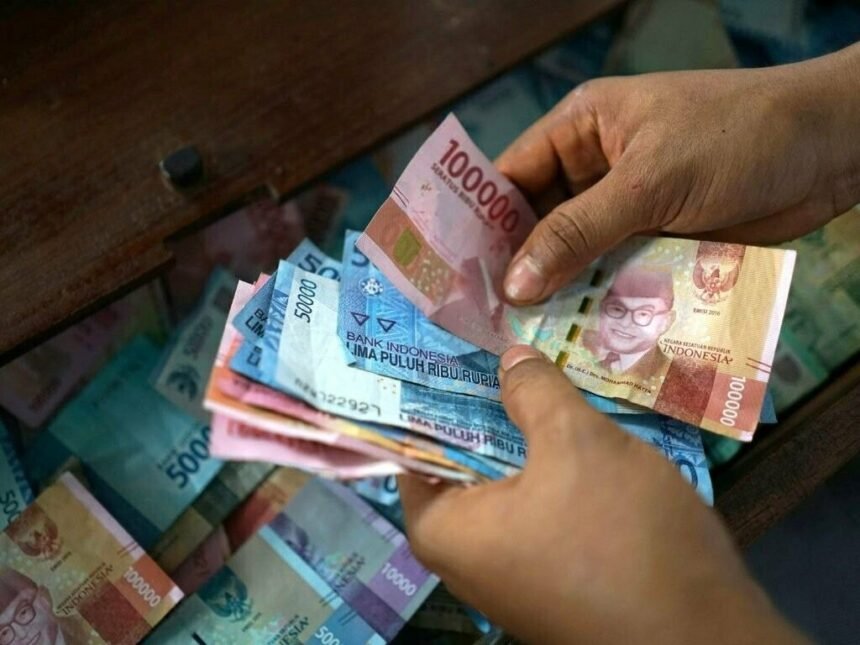MANILA (Bloomberg): Asian currencies slid to a two-month low, weighed by a resilient dollar and uncertainty over US tariff talks with some countries.
The Bloomberg Asia Dollar Index fell as much as 0.2% in early trading to the lowest level since May 19.
The Philippine peso led declines, as elevated oil prices fueled concerns over the nation’s crude import bill. The Indian rupee hovered near record lows.
Regional currencies were set to cap their biggest monthly loss this year as the greenback surged after the Federal Reserve held benchmark interest rates.
Expectations for a September rate cut have also eased following robust US economic data. Meanwhile, sentiment remains cautious with some countries yet to finalize trade agreements with the US ahead of the Aug. 1 deadline.
“Asian FX markets continue to be shaped by persistent US dollar strength,” said Shier Lee Lim, lead FX strategist at Convera in Singapore.
“The upcoming tariff deadlines and ongoing negotiations involving Malaysia and Thailand remain key flashpoints for market sentiment, as investors look for signs of progress or further escalation.”
Central banks across the region have stepped up intervention efforts to stabilize their currencies.
The Hong Kong Monetary Authority stepped in to buy HK$3.925 billion to defend the currency peg, while Indonesia’s central bank intervened in the foreign-exchange markets. The People’s Bank of China set a stronger-than-expected fixing to support the yuan.
The Mexican peso led gains among emerging market peers after people familiar with the plans said President Donald Trump and his Mexican counterpart, Claudia Sheinbaum, plan to speak by phone, raising hopes for progress in trade discussions.
Over in stocks, the MSCI Emerging Market Index fell to a two-week low.
Stocks on mainland China and Hong Kong declined more than 1.5% following weaker-than-expected PMI data and as traders await the outcome of US-China trade talks. Benchmarks in South Korea also fell as disappointing earnings from Samsung Electronics Co. weighed.
“Tariffs continue to impact sentiment and activity,” said Tony Sycamore, an analyst at IG in Sydney. “There remains some uncertainty as to whether China and the US can extend their trade pause for another 90 days.”
–With assistance from Matthew Burgess. — ©2025 Bloomberg L.P.




















